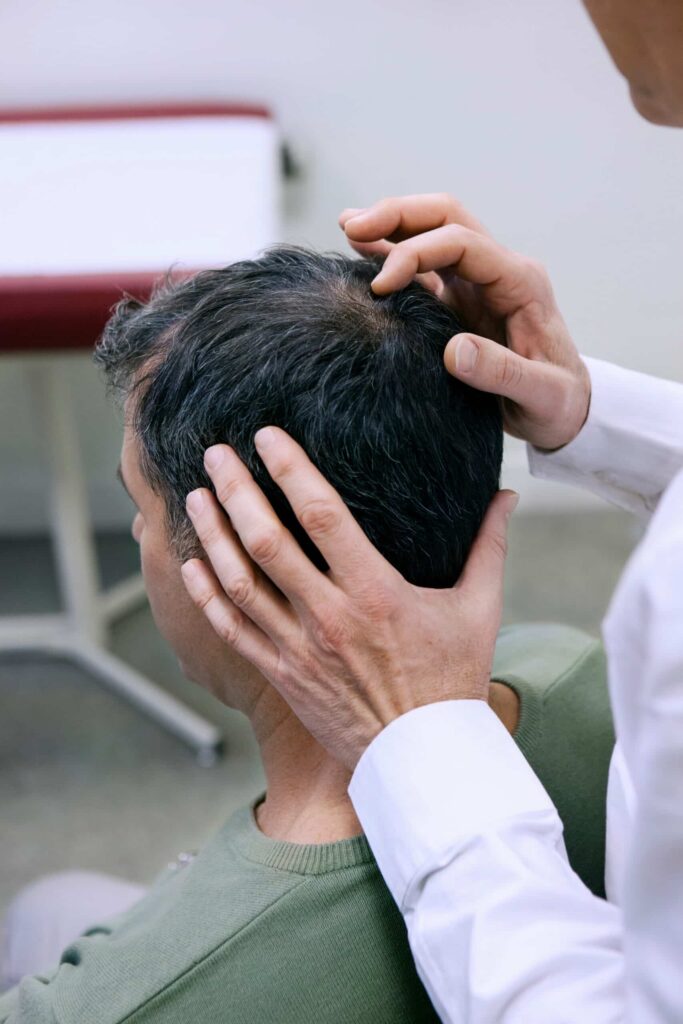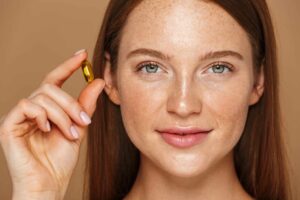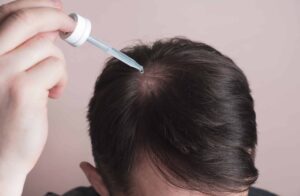
Male Pattern Baldness: Treating Men’s Hair Loss
Male Pattern Baldness: Treating Men’s Hair Loss Male pattern baldness, also known as androgenetic alopecia (sometimes called androgenic alopecia or AGA), is the most common type of hair loss in men. According to the National Institute for Health, male pattern











